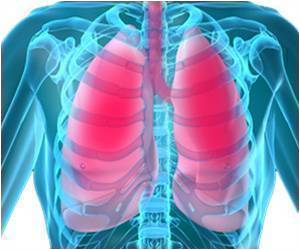Barbers in rural areas of developing nations like India can play a key role in boosting HIV awareness in rural communities says a new study.
Training community members such as barbers in rural areas of developing nations like India can play a key role in boosting HIV awareness in rural communities, according to a new study.
The study led by Koen Van Rompay, and colleagues from Sahaya International, the University of California and READ (India) found that rural communities are often neglected when it comes to HIV awareness programs.Moreover, cultural taboos and high stigma regarding HIV (and sexual issues in general) and minimal health-care infrastructure are major hurdles that restrain rural people from gaining awareness.
In the year long pilot study six non-governmental organisations (NGO) collaborated to build and test an HIV peer education model for communities in the rural district of Perambalur in Southern India.
Twenty NGO outreach workers, 52 barbers and 102 women's self-help group leaders were trained to be peer educators.
The researchers also developed cartoon-based materials including flipcharts, booklets and stickers to teach people about their susceptibility to HIV/AIDS and suggested practical ways to reduce the risk of infection.
Street theatre was used to highlight issues related to HIV and stigma in the community.
Advertisement
At least 118 people were newly diagnosed as living with HIV and 129 people with HIV were referred to hospitals for extra medical support.
Advertisement
"The current project indicates that more effort is warranted to tap into this large unrecognized force," he added.
In addition, women trained as peer educators enjoyed a sense of pride and increased social recognition, which the researchers hope could help sustain the peer dialogue on HIV/AIDS. After training on the blood-borne transmission of HIV, the barbers involved began to use disposable razor blades, which led to an increase in customers.
The study appears in the open access journal Human Resources for Health.
Source-ANI
SPH/L











